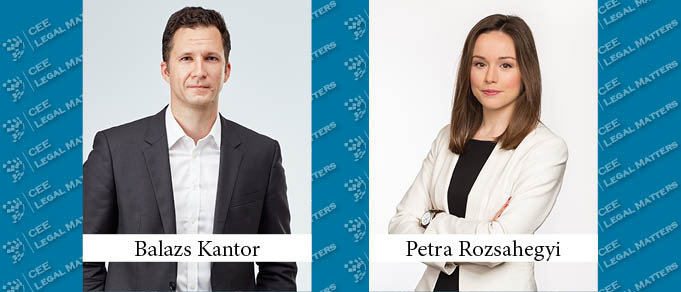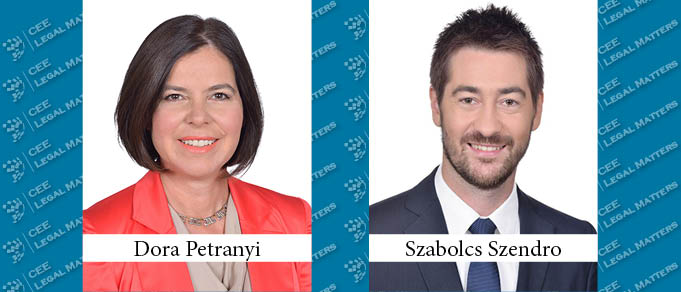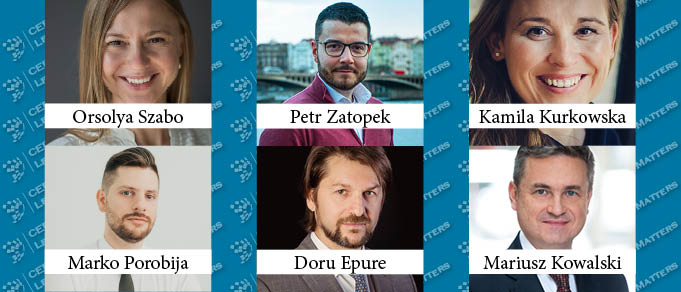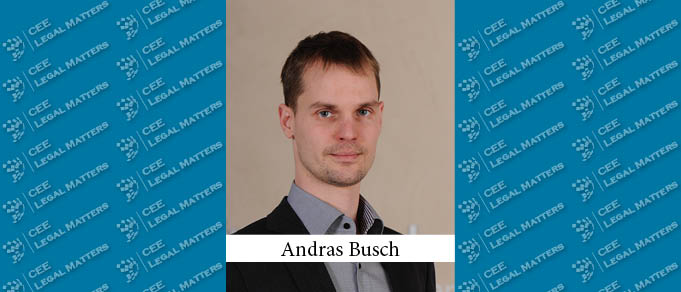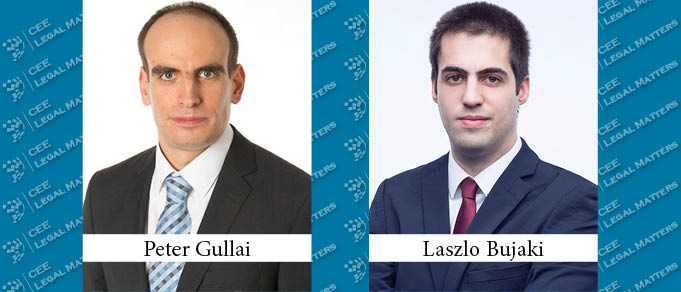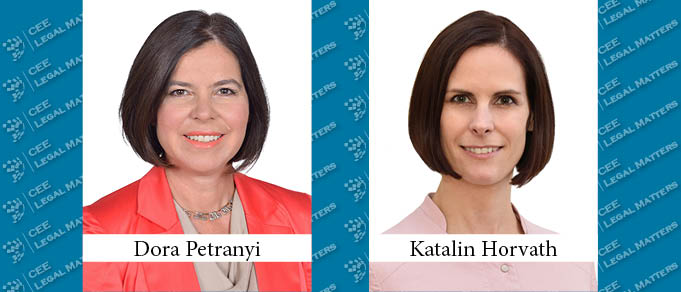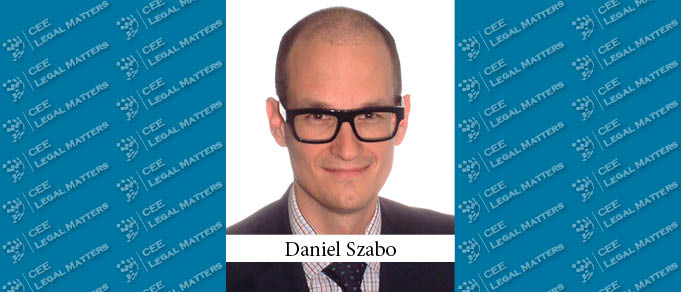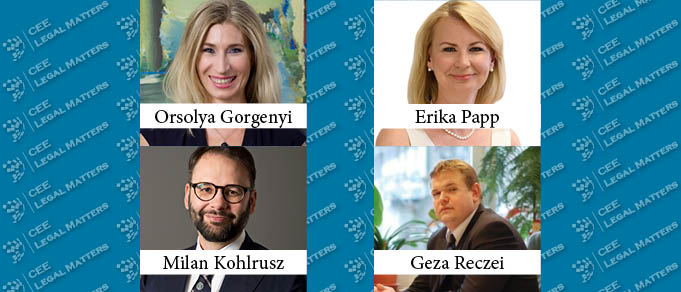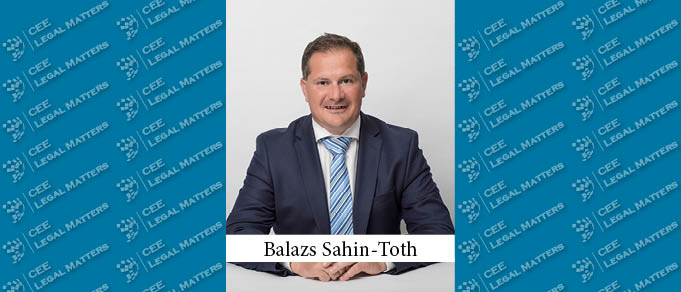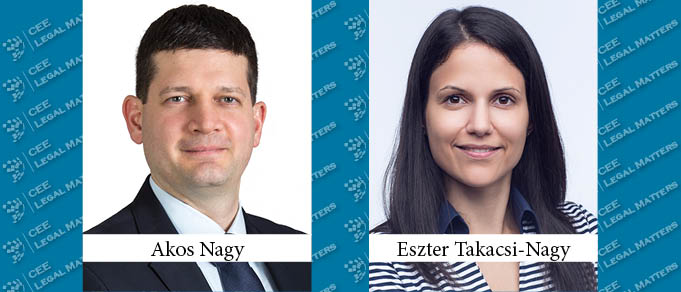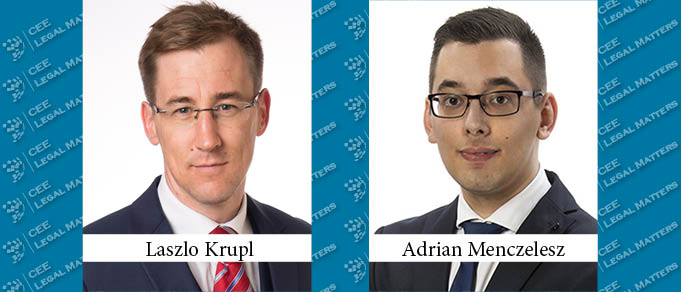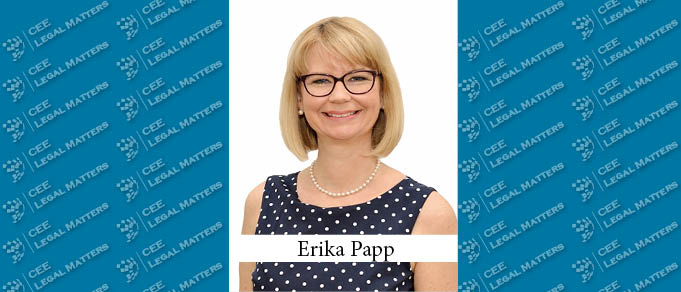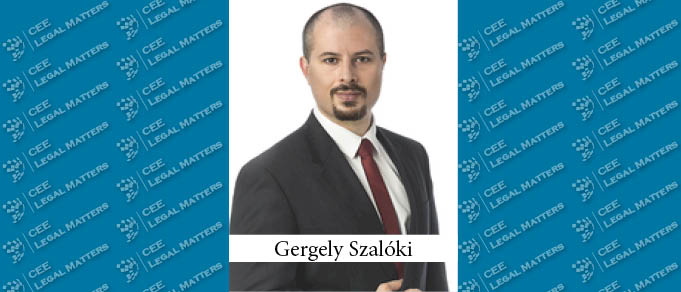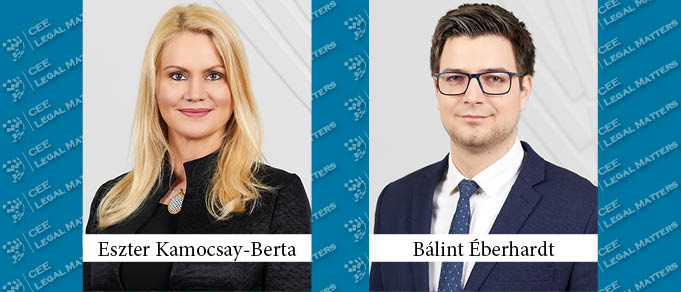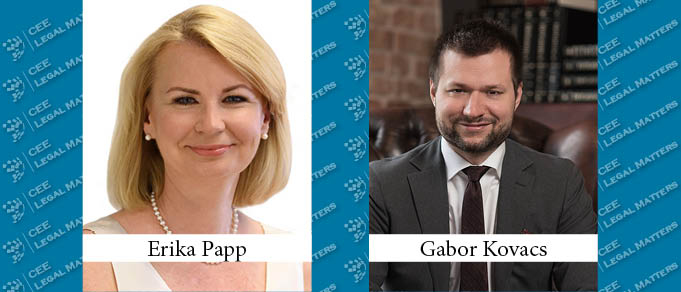Over the course of our seven years, CEE Legal Matters has interviewed most of the British lawyers working on the ground in Central and Eastern Europe as part of our recurring “Expat on the Market” feature. We reached out to them recently and asked them to bring us up to speed on what they’re doing and/or share their thoughts on the ramifications of Brexit or the ongoing COVID-19 crisis.
Hungarian Government Restricts Small Entrepreneurs Tax
In 2012 a simplified lump sum tax, known as KATA, was introduced for small businesses. The rules of KATA allowed small businesses, including private entrepreneurs, to opt to pay a lump sum monthly tax of HUF 50,000 (EUR 145) per person employed by the business. Businesses paying the lump sum tax are relieved of any other income or payroll taxes. The regime is applicable to income of up to HUF 12 million (approximately EUR 34,000) revenue per year. Above this limit, a tax rate of 40% is applied to the excess.
Hungary: Recent Competition Law Decisions to Challenge Your Data Collection Practice
Some experts say that “data is the new oil,” but oil can catch fire easily without proper handling. When you hear concerns about the collection of personal data, you might first associate them with data protection regulations, but competition law can also seriously affect your business. Competition authorities have intervened recently against platforms by using patterns that might be widely applied to other companies. Is this just the beginning? Who is in danger?
Blazing a Trail for LegalTech in CEE
According to its website, Budapest-based InvestCEE aims to “humanize technology” for lawyers and provides services to law firms and in-house counsel in Hungary, Romania, Croatia, Poland, and the Czech Republic.
Inside Insight: Interview with Andras Busch, General Counsel at Siemens Energy Hungary
An interview with Andras Busch, General Counsel at Siemens Energy Hungary.
Hungary: The Results of the First METAR Tender
In March, 2020, the Hungarian Energy and Public Utility Regulatory Authority (HEPURA) published the official results of the first tender procedure of the Hungarian Renewable Energy Support System (METAR), in which bidders were encouraged to apply for state subsidies in (i) power plants between 0.3 MW and 1 MW capacity (the “Small Category”) and (ii) power plants between 1 MW and 20 MW capacity (the “Large Category”).
Hungary: (Over)Regulating Artificial Intelligence in the EU
In February, the EU Commission issued its new White Book on Artificial Intelligence – a European Approach to Excellence and Trust. The White Book is the prelude to a new EU regulatory framework for AI that aims to minimize the risks of AI and seize the opportunities it offers.
Marketing Law Firm Marketing: Childhood Dreams
We decided to lighten the mood this time around by asking our Law Firm Marketing experts from across the region a non-law-firm related question: “What did you most want to be when you were little?”
A Hungarian Life In Focus
A CEELM Profile of Daniel Szabo, Central Europe Team Lead at Hewlett Packard Enterprise in Budapest.
Raising The Bar: Hungary’s New CLE Requirements for Lawyers
On January 1st, 2020, the Hungarian government adopted new legislation making continuing professional education compulsory for lawyers, post-qualification, along the lines of post-certification training and education that tax advisors and accountants had been forced to obtain for many years.
Deal Expanded: Extreme Digital/eMAG Merger
Allen & Overy Counsel Balazs Sahin-Toth Talks About the Deal of the Year in Hungary
Hungary: Cyber Incidents in the Healthcare Sector on the Increase
In recent years, and for multiple reasons, cyber-attacks against healthcare providers have increased significantly on a global level. First, IT platforms and devices used by healthcare providers have a technical diversity, while sources devoted to an integrated cybersecurity system for these IT platforms are often limited, making the IT systems vulnerable and ideal targets of potential cyber-attacks. Second, health data qualifies as “highly sensitive data,” which is considered very valuable on the black market compared to other types of personal data.
Upcoming Legal Changes Affecting the Real Estate Sector
Market Spotlight - Hungary
The Changing Banking Sector in Hungary and its Legal Challenges
The Hungarian banking sector enjoyed a banner year in 2019, but still faces challenges. Legislative changes are creating more aggressive competition between banks, which in turn are cutting fees and demanding flexible financing structures in order to survive. Although some banks are unwilling to take part in these practices, one thing is certain: All banks must adapt to the new regulatory environment. I’ve outlined some of the major challenges that Hungarian banks face in the near future.
Recent Changes in the Stock Exchange Regulation
On December 27, 2019, several amendments made to the Hungarian capital markets act by the Hungarian Parliament to adhere to the relevant rules of the European Union be-came effective, also making it easier for Hungarian companies to issue bonds under the Bond Funding for Growth Scheme (BGS) by introducing more lenient information and publication rules for issuances.
Hungary’s Private Foundation Act
In the few months since Hungary’s Private Foundation Act came into force on March 29, 2019, it has already significantly grown in terms of financial importance.
Inside Out: Pannonia Bio Bond Issuance
On September 20 2019, CEE Legal Matters reported that BLS had advised Pannonia Bio Zrt. – a company operating a biorefinery in Tolna County, Hungary, that is the largest ethanol plant in Europe – and that CMS Hungary had advised OTP Bank Plc. on Pannonia Bio’s issuance of the first Hungarian forint bond in line with the Central Bank of Hungary’s Bond Funding for Growth Scheme.
The Banks of the Danube: An Interview with Gergely Szaloki of Schoenherr Budapest
The Banking sector in Hungary has been doing well in recent years. Schoenherr Budapest Local Partner Gergely Szaloki walks us through that progress.


